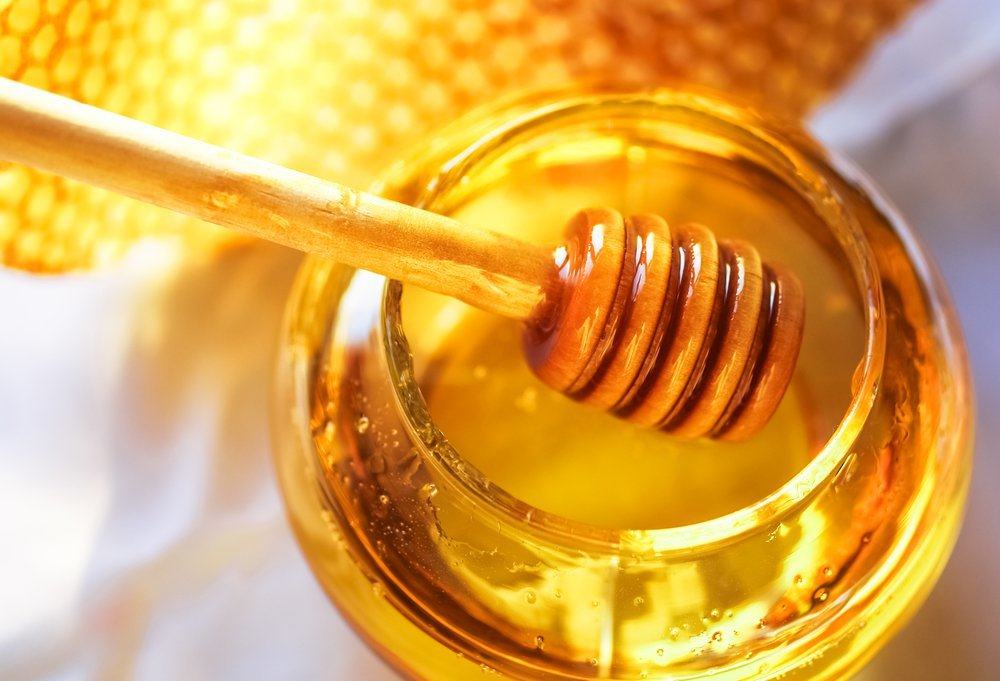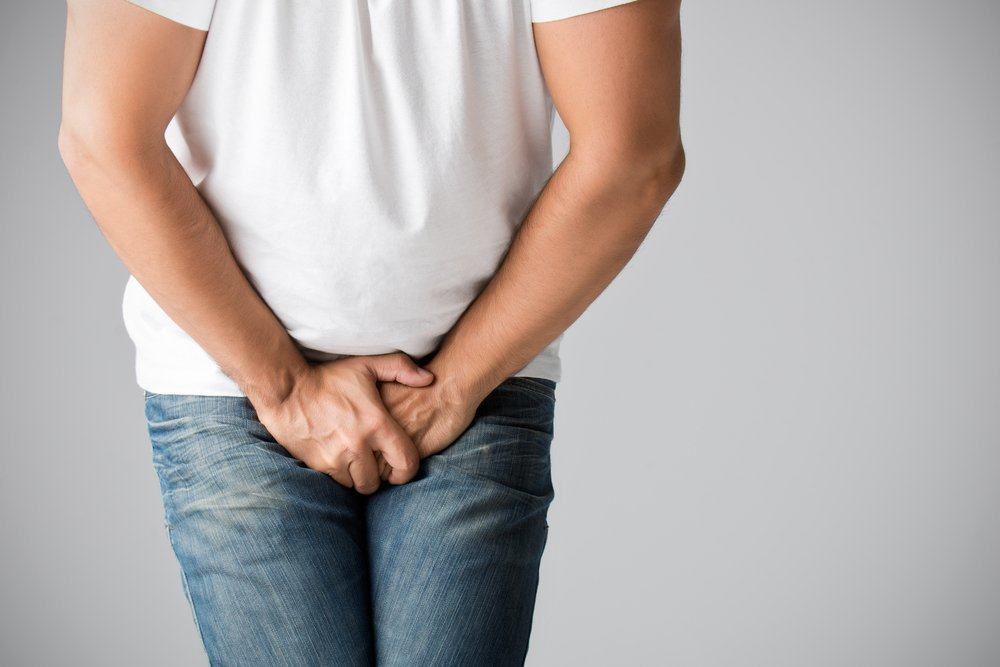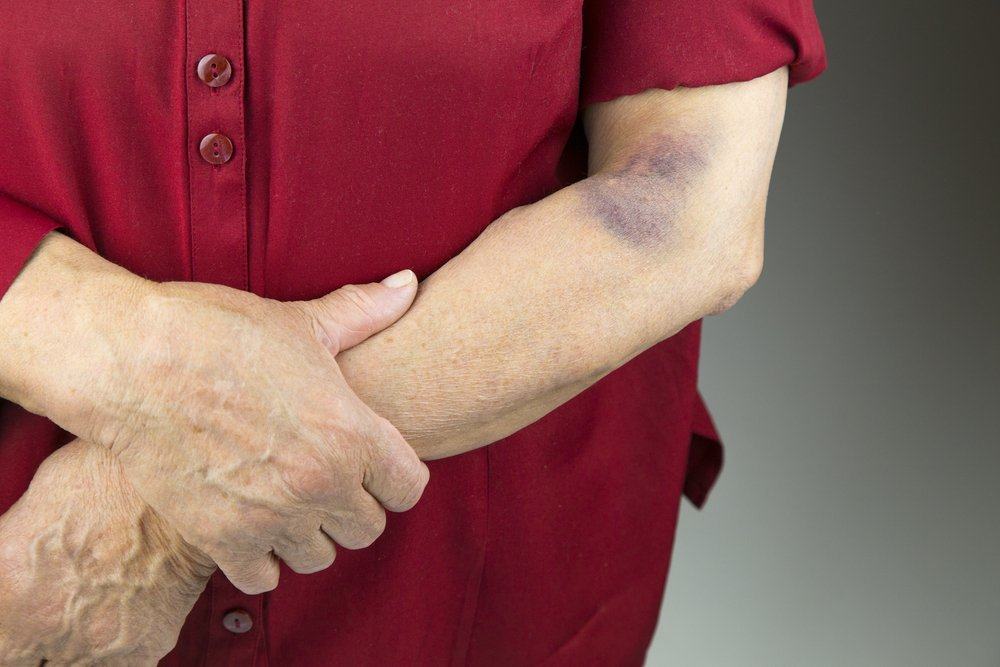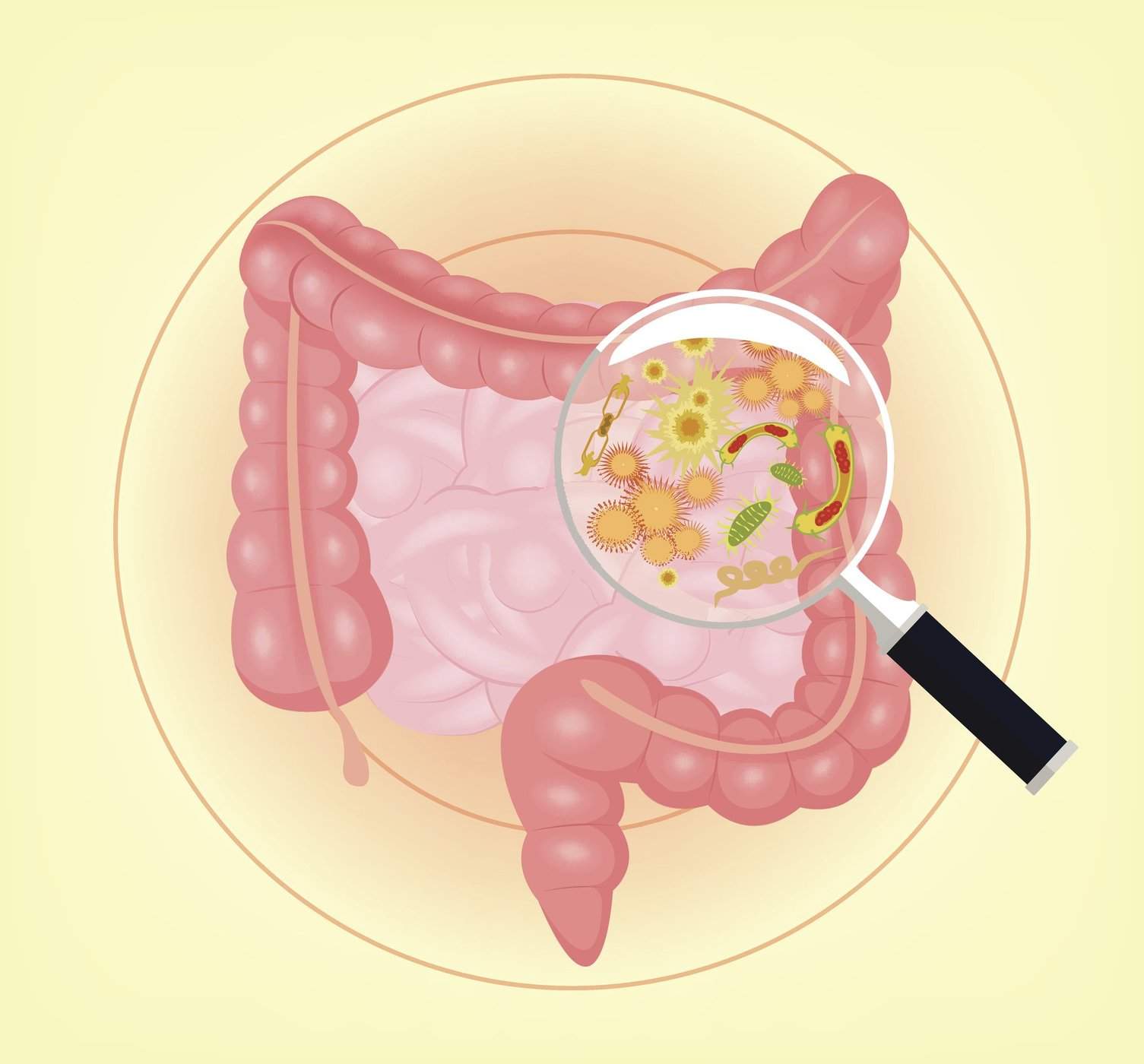Contents:
Medical Video: Best screening test for 21-hydroxylase deficiency
Definition
What is 21-hydroxylase antibodies?
The 21-hydroxylase antibodies test is a test performed to determine the cause of adrenal insufficiency (or called Addison's disease). Most of these diseases are caused by an autoimmune mechanism that gradually destroys the adrenal cortex. This disease is indicated by the presence of autoantibodies from the adrenal cortex (21-hydroxylase) in the blood. 21-hydroxylase in the blood can mix with other autoimmune endocrine diseases.
When should I undergo 21-hydroxylase antibodies?
This test is done for:
- diagnose adrenal insufficiency (Addison's disease)
- diagnose risk factors for future growth of this disease
Prevention & warning
What should I know before undergoing 21-hydroxylase antibodies?
For a diagnosis of adrenal insufficiency, the doctor must combine a physical examination with other tests, in addition to the 21-hydroxylase antibodies test. All these checks need to be done because an increase in 21-hydroxylase in the blood does not always indicate the presence of Addison's disease. Therefore, discuss with your doctor or expert before and after the test for a more accurate diagnosis.
Pay attention to warnings and precautions before undergoing this treatment. If you have questions, please consult a doctor for further information and instructions.
Process
What should I do before undergoing 21-hydroxylase antibodies?
Your doctor will explain the whole series of tests. Basically, this test is a blood test. You are recommended to use short-sleeved clothing to make it easier to take blood samples from your hands. Before you take this test, you don't need to fast.
What is the process of 21-hydroxylase antibodies?
The medical personnel who are in charge of taking your blood will take the following steps:
- wrap an elastic belt around your upper arm to stop the blood flow. This makes the blood vessels under the bond enlarge making it easier to inject needles into the vessels
- clean the part to be injected with alcohol
- inject a needle into a vein. More than one needle may be needed.
- attach the tube to the syringe to fill it with blood
- remove the ties from your arms when taking blood is enough
- attach gauze or cotton to the injected part, after the injection is finished
- put pressure on the part and then put on a bandage
What should I do after undergoing 21-hydroxylase antibodies?
Some people may feel pain when a syringe is inserted into the skin. But for most people, the pain will gradually disappear when the needle is right in the vein. Generally, the level of pain experienced depends on the expertise of the nurse, the condition of the arteries, and a person's sensitivity to pain.
After going through the process of taking blood, wrap your hands in a bandage. Press the vein slowly to stop bleeding. After doing the test, you can do activities as usual. If you have questions about the test process, please consult a doctor for further instructions.
Explanation of Test Results
What do the test results mean?
The normal range for each test may vary depending on the laboratory you choose. Usually, the normal range will be written on the test paper. Discuss with our doctor or health professional before the test and after receiving the test results for accurate results.
Normal
Normal range: 21-hydroxylase antibodies in the blood <1 U / mL
Abnormal
If the test shows 21-hydroxylase antibodies in high blood, you may experience:
- autoimmune adrenal insufficiency
- multicast autoimmune syndrome
The doctor will explain the results of this test and combine it with the results of other tests to provide a specific diagnosis. You can ask the doctor for more information.
The normal range for testing 21-hydroxylase antibodies can vary depending on the laboratory you choose. Discuss with your doctor if there are questions about your test results.
Hello Health Group does not provide medical advice, diagnosis or treatment.











